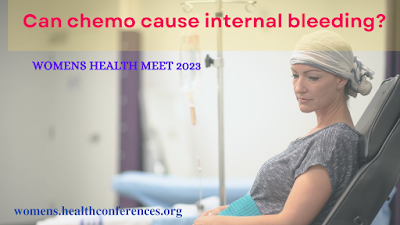How Aging Affects Fertility and Pregnancy
The prime reproductive years for women are from their late
teens to late 20s. Age 30 marks the onset of a reduction in fertility (the
capacity to become pregnant). Once you're in your mid-30s, this drop
accelerates. By the age of 45, most women's chances of spontaneously becoming
pregnant have significantly decreased.
The quantity of eggs in a woman's
ovaries is fixed from birth. As women age, their egg supply declines.
Additionally, older women are more likely to have eggs with faulty chromosomes.
Additionally, uterine fibroids and endometriosis are two
conditions that might impact fertility and which are more common in older
women.
Approximately 1 in 4 women will
become pregnant during any one menstrual cycle for healthy couples in their 20s
and early 30s. One in ten women by the age of 40 will become pregnant each
menstrual cycle. Age also reduces a man's fertility, though not as
consistently. A later pregnancy
for a woman increases the likelihood of problems. For instance, preeclampsia is
more common in pregnant women over 40. The health of the foetus may also be
impacted by pregnancy later in life.
Compared to younger women, older women typically experience more health issues. For instance, older persons are more likely to have high blood pressure. Pre-existing high blood pressure during pregnancy raises the likelihood of developing preeclampsia. However, research also demonstrates that older women without any health issues can nonetheless experience challenging pregnancies. Women over 35 have a higher chance of miscarriage and stillbirth.



Comments
Post a Comment